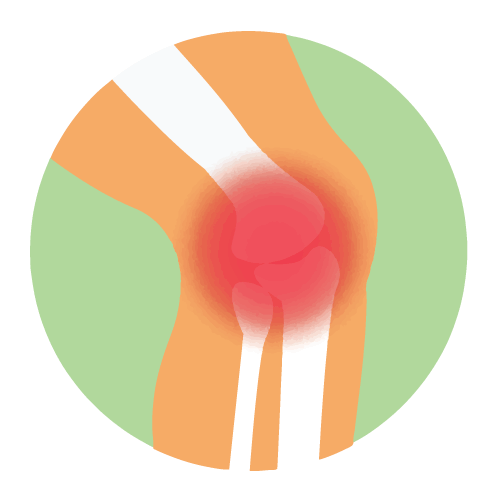| Name | Joint Inflammation |

Joint Inflammation
Joint inflammation, also known as arthritis, is a common condition that affects the joints and causes pain, swelling, and stiffness. There are many different types of arthritis, including osteoarthritis, rheumatoid arthritis, gout, and psoriatic arthritis, among others.
Joint inflammation can be caused by a variety of factors, including wear and tear on the joints, injury, infection, and autoimmune disorders. The severity and symptoms of joint inflammation can vary depending on the underlying cause and the type of arthritis.
Diagnosis of joint inflammation typically involves a physical exam, medical history, imaging tests such as X-rays or MRI, and blood tests. Treatment depends on the underlying cause of the joint inflammation and may involve medications, physical therapy, lifestyle changes, and in severe cases, surgery.
It is important to seek medical attention if you experience symptoms of joint inflammation, as early diagnosis and treatment can help prevent potential complications and improve joint function. People with arthritis should work closely with their healthcare provider to develop a personalized treatment plan that helps manage symptoms and improve overall quality of life.
Note: This is a general description. Please take professional health advice.
 Bangla
Bangla English
English